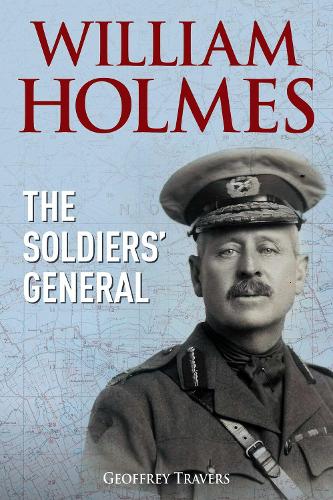
William Holmes: The Soldiers' General
(Hardback)
Publishing Details
William Holmes: The Soldiers' General
By (Author) Geoffrey Travers
Big Sky Publishing
Big Sky Publishing
1st June 2020
Australia
Classifications
Physical Properties
Hardback
424
Description
The road that first leads people from Kingsford Smith Airport in Sydney is named General Holmes Drive, but nowadays few Australians know anything about General Holmes.
William Holmes could be remembered for his lifelong public service in developing Sydneys water supply and sewerage system but he should be remembered as one of the foremost Australian citizen soldiers of his time. Holmes commanded Australias first independent military expeditionary force in World War I, and in New Guinea accepted the first German surrender for Australia. At Gallipoli, Pozires, Bullecourt and Messines, Holmes earned a reputation for fearlessness in battle, believing that at critical times and even during pauses in engagement, reconnaissance should be conducted by the officers in command making the decisions. He was known to all his soldiers and his leadership inspired their affection and loyalty. Philosophical about the risks he took on the battlefield, it was cruel irony indeed that Holmes was killed on the day he took extra safety precautions.
Holmes, a contemporary of John Monash, arguably achieved more in his early career than his peer and would certainly have been a contender for command of the Australian Corps in 1918 had he still been alive. This is his story.
Author Bio
Geoffrey Travers was educated at Sydney Church of England Grammar School (Shore) and Sydney University where he graduated in economics and law. Although not a soldier himself, he comes from a long line of soldiers: his great-great-grandfathers, Captain William Holmes and Lieutenant Henry Green of the New South Wales Force; his great-grandfather, Major General William Holmes; his grandfathers and great-uncle, Colonel Jack Travers, Colonel Hector Clayton and Colonel Basil Holmes, who served at Gallipoli and in France in the First World War; and his father, Captain William Travers, who was a prisoner of war of the Germans during the Second World War.
